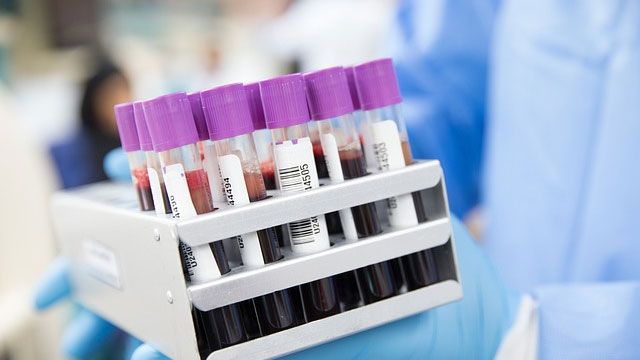
Breast cancer is one of the most common types of cancer among women worldwide. HER2-positive breast cancer is a type that occurs when the cancer cells produce too much of the HER2 protein. This makes the cancer grow and spread rapidly, making it more aggressive and difficult to treat. The regular treatment for HER2-positive breast cancer includes chemotherapy, surgery, and targeted therapy with a drug called Herceptin. However, this treatment regimen can be harsh and result in several side effects for the patients.
In a recent study, researchers have found that a briefer course of Herceptin treatment can work effectively for women with early-stage HER2-positive breast cancer. The study found that a six-month treatment course with Herceptin worked as effectively as a 12-month treatment course. Additionally, the shorter duration resulted in fewer side effects and did not increase the risk of cancer recurrence or death in the patients.
The study was conducted by the Breast International Group (BIG) and involved over 4,000 women with early-stage HER2-positive breast cancer from 152 medical centers across 21 countries. The patients were randomly assigned to receive either a six-month or 12-month course of Herceptin in combination with chemotherapy. The results showed that both the treatment regimens had similar effectiveness in terms of reducing the risk of cancer recurrence or death.
However, the shorter treatment duration was associated with a lower risk of heart damage, which is a known side effect of Herceptin. The risk was almost half in the six-month group than in the 12-month group. The shorter duration also resulted in fewer hospitalizations and a better quality of life for the patients.

The study findings have significant implications for breast cancer treatment, as it suggests that a shorter course of Herceptin can reduce the burden of treatment for patients while maintaining similar effectiveness. It also means that the treatment can be completed in less time and at a lower cost than the traditional 12-month course.
The lead author of the study, Dr. Helena Earl, Professor of Clinical Cancer Medicine at the University of Cambridge, said, "This study shows that six months of Herceptin is as good as a year for many women with HER2-positive breast cancer, with fewer side effects. Given Herceptin's high cost, shorter treatment could be transformative in low- and middle-income countries, and also reduce the burden of treatment for patients in high-income countries."
The study has been welcomed by the breast cancer community, with experts saying that it provides definitive evidence that a six-month course of Herceptin is a safe and effective option for women with early-stage HER2-positive breast cancer. The study findings have already been incorporated into the treatment guidelines of several countries, including the United Kingdom, Canada, and Australia.
In conclusion, the study has shown that sometimes less can be more when it comes to breast cancer treatment. A shorter course of Herceptin can provide similar effectiveness with fewer side effects and a lower cost, making it a feasible option for patients worldwide. The study highlights the importance of clinical research in improving cancer treatment and outcomes for patients.